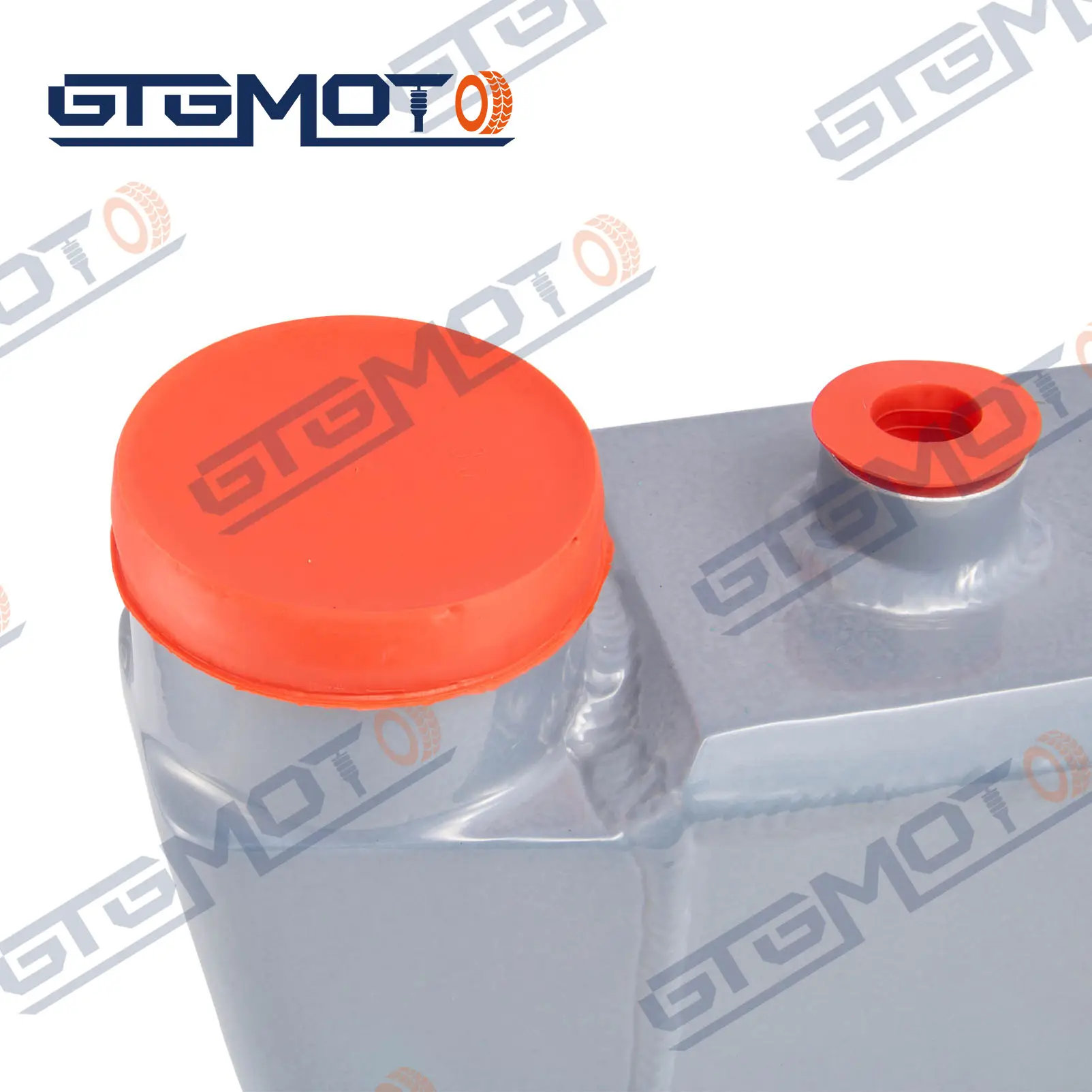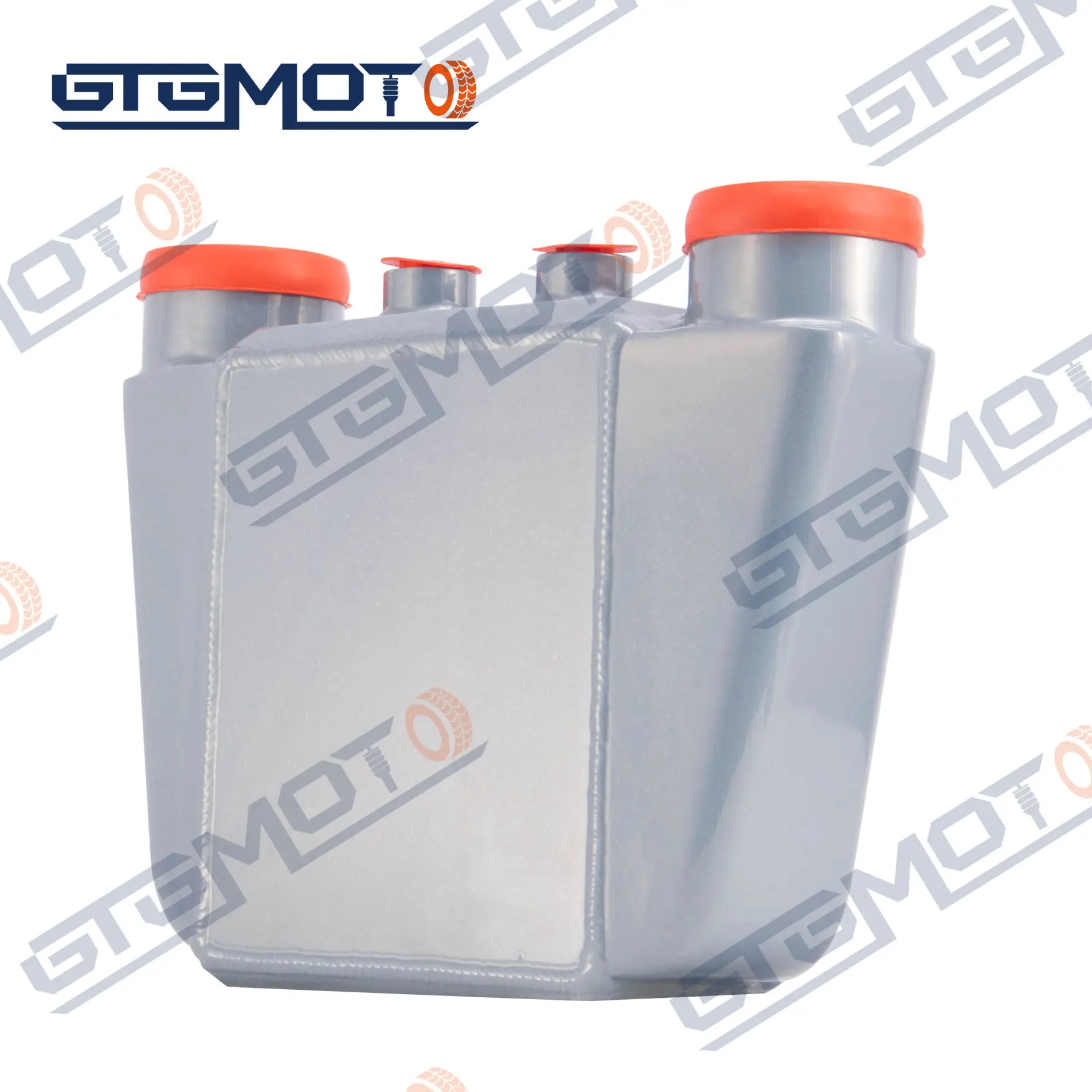Еволюцията на термичния мениджмънт в съвременните хибридни задвижвания
Автомобилната индустрия се намира на кръстопът преди 2025 г., като ефективността на охладителя става от решаващо значение за представянето на хибридни превозни средства. Докато производителите разширяват границите на технологията на задвижването, ролята на напреднали системи за термично управление става все по-важна за постигане на оптимална производителност, икономичност на горивото и цели по емисиите. Интегрирането на сложни решения за междинно охлаждане представлява значителна крачка напред в инженерството на хибридни превозни средства, което принципно променя начина, по който тези превозни средства доставят мощност, запазвайки ефективността.
Съвременните хибридни превозни средства са изправени пред уникални предизвикателства в управлението на температурата, тъй като те трябва ефективно да охлаждат както традиционните двигатели с вътрешно горене, така и електрическите силови агрегати. Способността на интеркулера да поддържа оптимални работни температури влияе пряко върху всичко - от изходната мощност до дълготрайността на батерията, което го прави ключов компонент в следващото поколение хибридни превозни средства. Докато се задълбочаваме в тази тема, ще разгледаме как последните постижения в ефективността на интеркулера променят бъдещето на производителността на хибридните превозни средства.
Основни компоненти на напреднали системи за охлаждане
Дизайн иновации в технологията за топлообмен
Последните разработки в конструкцията на охладителите демонстрират забележителни иновации в технологията за топлообмен. Инженерите са приложили напреднали конструкции на ребрата и техники за оптимизиране на потока, които значително подобряват скоростта на топлопреминаване. Тези подобрения позволяват по-компактни, но по-ефективни охладителни устройства, които отговарят на ограниченията в пространството, присъщи за хибридната архитектура на превозните средства, като осигуряват изключителна охлаждаща производителност.
Материалознанието също е изиграло съществена роля за повишаване на ефективността на охладителите. Въвеждането на нови алуминиеви сплави и композитни материали доведе до по-леки и по-здрави компоненти, които могат да издържат на по-високи налягания и температури, запазвайки оптималните свойства за отвеждане на топлина. Тези материали допринасят за намаляване на общото тегло на превозното средство, като едновременно подобряват възможностите за термично управление.
Интеграция с хибридни силови системи
Модерен интеркулер сега системите се проектират с изискани стратегии за интеграция, които допълват работата на хибридните задвижвания. Умните системи за охлаждане могат активно да регулират своята производителност въз основа на данни в реално време от двигателите с вътрешно горене и електрическите мотори. Това интелигентно адаптиране осигурява оптимално управление на температурата при всички режими на движение – от чисто електрическа употреба до пълна доставка на хибридна мощност.
Безпроблемната интеграция обхваща и системите за контрол на топлинния режим на превозното средство, където напреднали алгоритми непрекъснато оптимизират работата на охладителя. Тези системи могат да предвиждат нуждите от охлаждане въз основа на шаблоните на каране и околните условия, като активно регулират скоростта на охлаждащата течност и вентилаторите, за да се поддържа максимална ефективност.
Експлоатационни последици за модели 2025
Повишаване на мощността и топлинната ефективност
Повишената ефективност на охладителя за пристигащия въздух в хибридните модели от 2025 г. води до значително подобрение на мощността и топлинната ефективност. Като постига по-постоянно ниски температури на всмуквания въздух, тези напреднали системи позволяват на двигателя да работи по-близо до оптималните си експлоатационни параметри. Това осигурява по-надеждно предаване на мощност и намалява топлинното напрежение върху двигателните компоненти.
Тестови данни от прототипните модели за 2025 г. показват, че подобрена ефективност на охладителя може да доведе до увеличение на мощността с до 15% при определени работни условия, като едновременно с това се намалява разходът на гориво. Тези постижения са особено забележими при високи натоварвания, където традиционните хибридни системи често са имали проблеми с поддържането на пикови производителни характеристики.  имали проблеми с поддържането на пикови производителни характеристики.
имали проблеми с поддържането на пикови производителни характеристики.
Ползи за икономичността на горивото и емисиите
Връзката между ефективността на охладителя и икономичността на горивото става все по-очевидна в новите хибридни конструкции. По-ефективното охлаждане на заряда позволява по-агресивно настройване на двигателя и по-добра ефективност на горенето, което директно допринася за намаляване на разхода на гориво. Ранните тестове на прототипи от 2025 г. сочат възможни подобрения в икономичността на горивото с 5-8%, дължащи се изключително на напреднали системи за междинно охлаждане.
Друга значима полза от повишена ефективност на охладителя е намаляването на емисиите. По-добрият контрол на температурата води до по-пълно горене и намалено образуване на оксиди на азота (NOx), което помага на производителите да отговарят на все по-строгите разпоредби за емисии, като същевременно запазват целите за производителност.
Инженерни решения с фокус в бъдещето
Умни системи за термално управление
Бъдещето на технологията за охлаждане се крие в интелигентни системи за термичен контрол, които могат да предвиждат и адаптират се към променящите се условия. Тези системи използват изкуствен интелект и алгоритми за машинно обучение, за да оптимизират охлаждащата производителност въз основа на исторически данни и входове в реално време. Тази предиктивна способност гарантира, че ефективността на охладителя остава на максимално ниво при всички работни условия.
Интеграцията със системите за свързване на превозните средства позволява още по-съвършени стратегии за термичен контрол. Свързаните превозни средства могат да настройват своите охлаждащи системи въз основа на предстоящи условия по маршрута, трафик и прогноза за времето, като по този начин максимизират ефективността още преди да бъдат достигнати трудните условия.
Устойчиво производство и материали
Докато грижите за околната среда продължават да повлияват автомобилното развитие, производителите се фокусират върху устойчиви решения при производството на интеркулери. Нови производствени процеси намаляват отпадъците и консумацията на енергия, като запазват високите стандарти за производителност. Използването на рециклирани материали и екологични охладители демонстрира ангажимента на индустрията към отговорност към околната среда, без да се компрометира ефективността на интеркулерите.
Проучванията на био-вдъхновени материали и конструкции обещават още по-големи постижения в технологията за топлинен контрол. Тези иновации могат да доведат до системи за интеркулери, които не само ще са по-ефективни, но и по-екологично устойчиви през целия си жизнен цикъл.
Често задавани въпроси
Как ефективността на интеркулера влияе на живота на батерията при хибридни превозни средства?
Подобрена ефективност на охладителя помага да се поддържат оптимални работни температури както за двигателя, така и за електрическите системи, което може значително да удължи живота на батерията. Като предотвратява топлинно напрежение и поддържа постоянни температури, напредналите системи за охлаждане помагат да се защитят клетките на батерията от деградация и да запазят своята производителност с течение на времето.
Какво обслужване е необходимо за хибридните системи за охлаждане на 2025 г.?
Съвременните системи за охлаждане са проектирани за минимално обслужване, но се препоръчват редовни проверки на нивото на охлаждащата течност и почистване на външните ребра. Интелигентни диагностични системи могат да уведомяват собствениците за потенциални проблеми, преди те да повлияят на производителността, докато запечатаните системи помагат да се предотврати замърсяването и намалят нуждата от обслужване.
Могат ли съществуващите хибридни превозни средства да бъдат модернизирани с по-ефективни системи за охлаждане?
Въпреки че съществуват някои решения на вторичния пазар, интегрираната природа на съвременните хибридни системи за охлаждане затруднява комплексни модернизации. Най-добри резултати се постигат с фабрично проектирани системи, които са оптимизирани за конкретни автомобилни платформи и тяхната уникална нужда от термален контрол.

